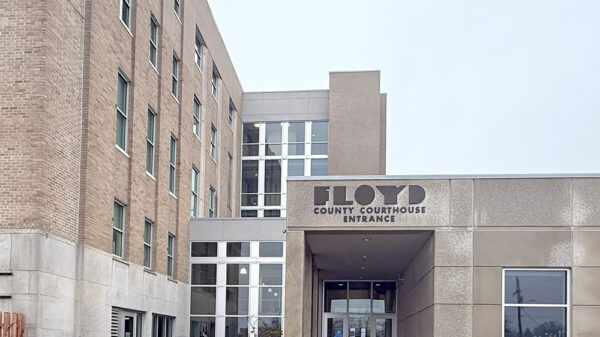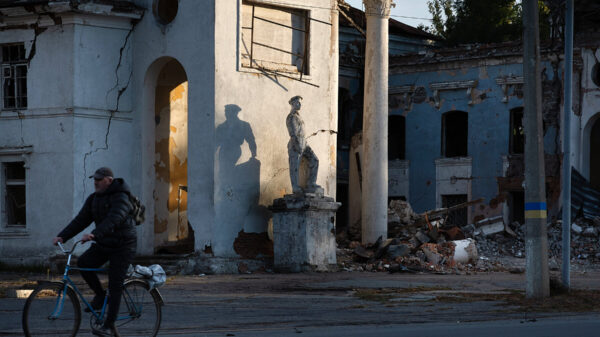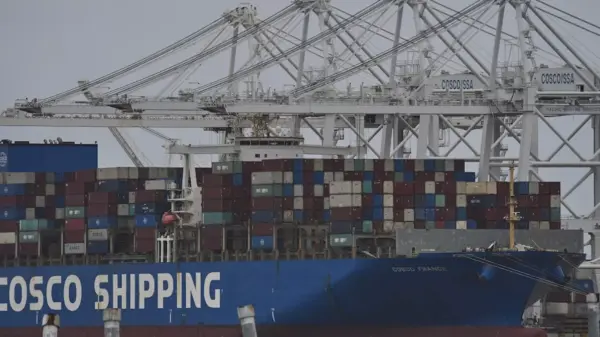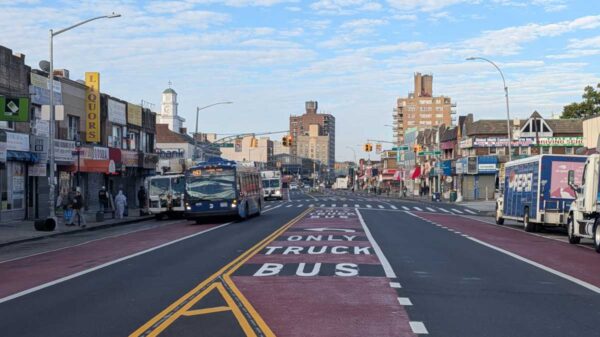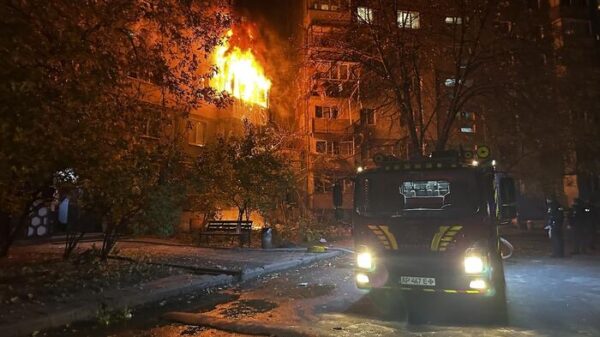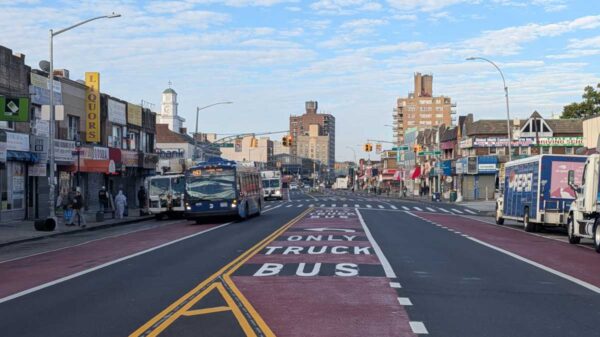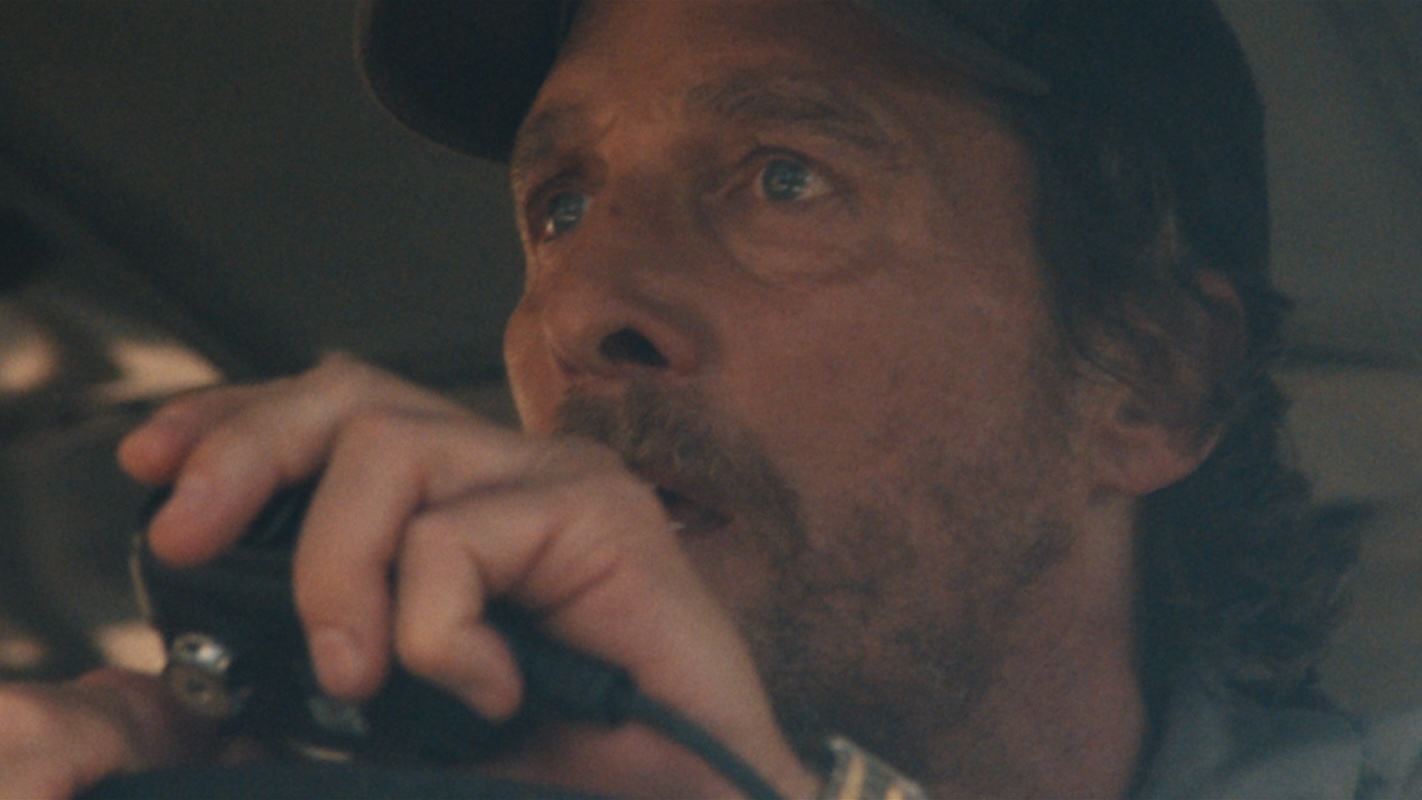The harrowing true story of a bus driver saving 22 children during the devastating Camp Fire in California is the focus of the new docudrama, “The Lost Bus.” Released on Apple TV+, the film recounts the events of November 8, 2018, when flames consumed the town of Paradise, resulting in the tragic loss of 85 lives. The narrative centers on the driver, Kevin, portrayed by Matthew McConaughey, whose efforts to navigate the chaos underline the human spirit’s resilience in the face of disaster.
Director Paul Greengrass, known for his immersive storytelling, brings a unique perspective to this film. Drawing from his previous works, he combines gripping action with emotional depth. While the film showcases the immediate dangers faced by Kevin and the children, it also raises questions about the broader implications of the wildfire, including accountability and recovery in the aftermath of such tragedies.
The narrative begins with Kevin’s challenging life circumstances, establishing a strong emotional foundation. As he grapples with personal issues—his wife leaving him and his son falling ill—viewers learn of the impending wildfire that will alter their lives forever. Greengrass’s choice to cast McConaughey’s real-life family, including his mother and son, adds a layer of authenticity to the narrative.
While “The Lost Bus” highlights Kevin’s heroic actions, it also features America Ferrera as Mary Ludwig, a schoolteacher who plays a crucial role in keeping the children calm during the crisis. The film effectively portrays their journey through smoke and flames, capturing the frightening atmosphere as they navigate the inferno.
Visually, the film is a testament to Greengrass’s commitment to realism. The cinematography, led by Pål Ulvik Rokseth, presents a raw and often shaky perspective that immerses the audience in the terrifying environment. The scenes depicting the fire’s destructive force are striking, with visual effects by Industrial Light & Magic enhancing the terrifying reality of the blaze.
Despite its focus on heroism, “The Lost Bus” does not shy away from the harsh realities of the Camp Fire. It touches on the events preceding the disaster, including the role of Pacific Gas and Electric in igniting the flames through a failure in their infrastructure. While the film provides a thrilling account of survival, it also prompts viewers to think critically about the systemic issues surrounding such disasters.
As audiences watch the harrowing rescue unfold, the emotional weight of the story becomes evident. The film resonates with viewers, particularly in light of the ongoing wildfires in California, which continue to devastate communities. Since the Camp Fire, the state has faced numerous other fires, leading to the destruction of homes and lives, providing a sobering context for the film’s release.
“The Lost Bus” premiered at the Toronto Film Festival and has generated significant interest due to its blend of action and emotional storytelling. While some critiques point to the film’s lack of character development—only one of the children is named—it succeeds in drawing viewers into the immediate life-or-death scenarios faced by the characters.
In conclusion, “The Lost Bus” serves as a powerful reminder of human courage and the impact of natural disasters. It captures both the fear experienced during the Camp Fire and the hope that emerges from community resilience. As people continue to seek entertainment that resonates with real-life experiences, this film stands out as a poignant narrative of survival and heroism amid adversity.



